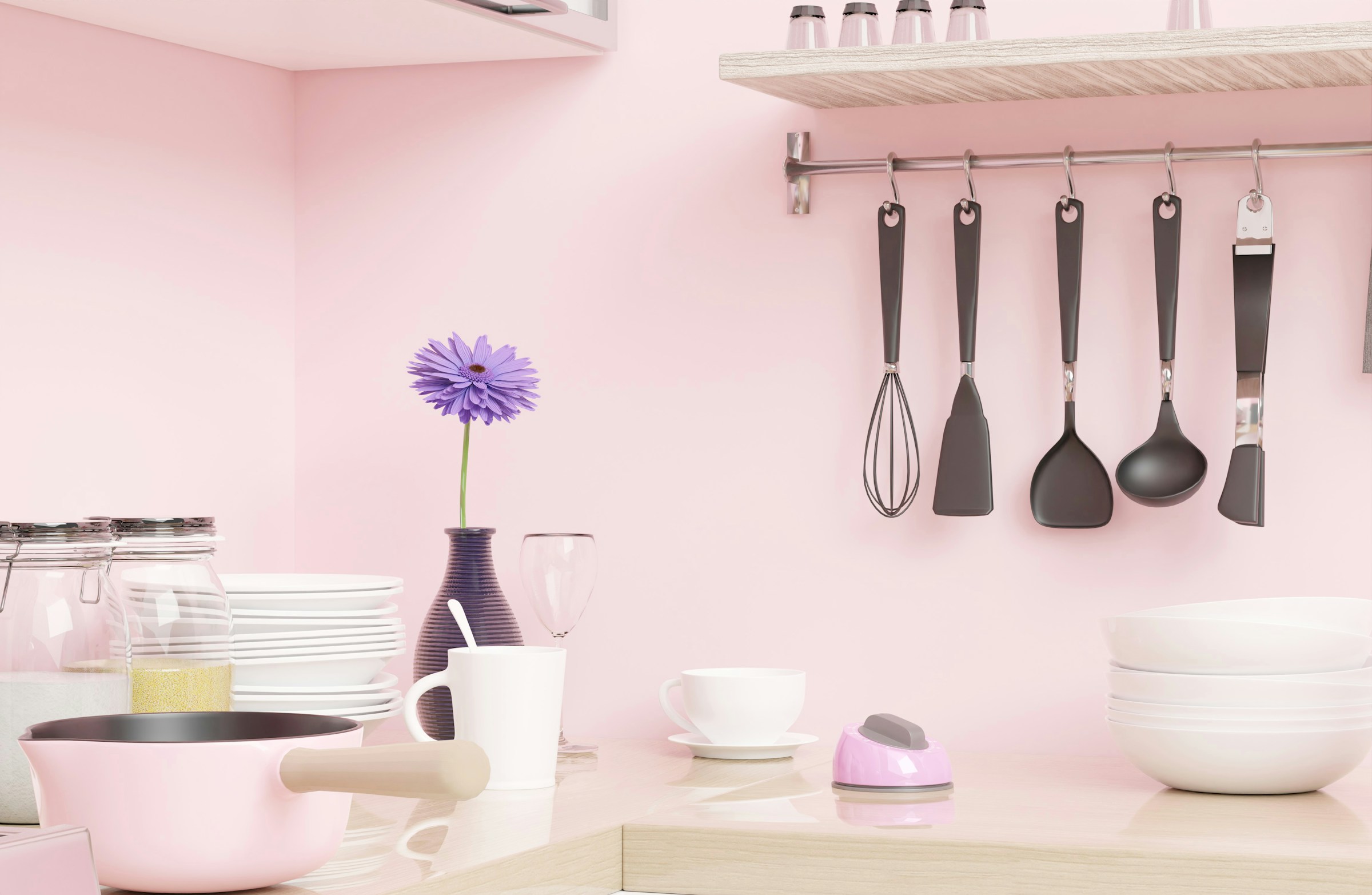In the world of modern kitchens, the choice of sink material is more than just a matter of aesthetics. Durability and ease of cleaning are critical factors that significantly impact your daily kitchen experience. Whether you’re a culinary enthusiast or someone who values convenience, selecting the right sink material can make all the difference. In this article, we will explore various types of kitchen sink materials, focusing on their durability and ease of cleaning. By the end, you’ll have the knowledge to make an informed decision that suits your kitchen needs.
Stainless Steel Sinks
Stainless steel sinks have long been a favorite in both residential and commercial kitchens. Known for their resilience and contemporary appeal, these sinks offer an array of benefits that make them a top choice for many homeowners.
Also to read : Discover the best raclette cheese for unforgettable meals
Durability
Stainless steel sinks are renowned for their robustness. Made from a mix of steel and chromium, these sinks resist rust, corrosion, and stains. Their ability to withstand high temperatures and impacts makes them ideal for busy kitchens. Moreover, they are less likely to chip or crack compared to other materials, ensuring a long-lasting investment.
Ease of Cleaning
When it comes to maintenance, stainless steel sinks are relatively low-maintenance. They require only a simple wipe down with a gentle cleanser and a soft cloth to maintain their shine. The non-porous surface means that bacteria and grime don’t easily stick, making it more hygienic. However, they can be prone to water spots and scratches, so using a mild cleaner and wiping down regularly will help keep your sink looking its best.
Also to discover : How to choose a kitchen timer that is both easy to use and highly accurate?
Granite Composite Sinks
Granite composite sinks are engineered from a blend of granite stone dust and acrylic resins. This combination results in a sink that offers both aesthetic appeal and high functionality.
Durability
Granite composite sinks are incredibly durable. The material’s hardness makes it resistant to scratches, chips, and heat. Unlike natural stone, granite composite is engineered to be more consistent in its qualities, offering a balance of strength and beauty. These sinks are also resistant to fading and discoloration, ensuring they remain looking new for years.
Ease of Cleaning
Cleaning a granite composite sink is straightforward. Their non-porous surface prevents the buildup of bacteria and grime. Mild dish soap and warm water are usually sufficient for everyday cleaning. For tougher stains, a mixture of baking soda and water can be used without damaging the surface. Additionally, the matte finish of these sinks means they don’t show water spots or fingerprints as easily as stainless steel.
Fireclay Sinks
Fireclay sinks are created by molding ceramic clay and firing it at extremely high temperatures. This process results in a sink that is both beautiful and functional.
Durability
Fireclay sinks are extremely durable and resistant to wear and tear. The high-temperature firing process makes them exceptionally tough, able to withstand impacts, and resistant to scratches and chips. Their robustness makes them a great choice for busy kitchens where heavy pots and pans are frequently used.
Ease of Cleaning
The smooth, non-porous surface of fireclay sinks makes them easy to clean. A simple wipe down with a mild detergent and a soft cloth is usually enough to keep them looking pristine. The material is resistant to staining and does not harbor bacteria, ensuring a hygienic kitchen environment. However, they can be more prone to cracking if not properly maintained, so avoiding harsh chemicals and abrasive pads is recommended.
Cast Iron Sinks
Cast iron sinks, coated with a layer of enamel, are a classic choice that combines vintage charm with modern functionality.
Durability
Cast iron sinks are incredibly sturdy and can last for decades with proper care. The enamel coating provides a hard, glossy surface that resists scratches and stains. These sinks are also resistant to heat, making them ideal for placing hot pots and pans directly into the sink without worry.
Ease of Cleaning
The smooth enamel surface of cast iron sinks makes them easy to clean. Similar to fireclay, a mild detergent and a soft cloth are usually sufficient for everyday cleaning. The non-porous surface prevents bacteria and grime from sticking, ensuring a hygienic kitchen. However, the enamel can chip if heavy objects are dropped into the sink, so care must be taken to avoid such damages.
Quartz Composite Sinks
Quartz composite sinks are made from a combination of quartz crystals and acrylic resins, offering a blend of superior durability and aesthetic appeal.
Durability
Quartz composite sinks are highly durable and resistant to scratches, dents, and stains. The material’s hardness makes it ideal for busy kitchens where heavy use is common. It can withstand high temperatures and is less likely to chip or crack compared to other sink materials.
Ease of Cleaning
Cleaning a quartz composite sink is hassle-free. The non-porous surface prevents the buildup of bacteria and grime, making it easy to maintain a hygienic kitchen. A mild dish soap and water are generally sufficient for regular cleaning. For tougher stains, a mixture of vinegar and water can be used without damaging the surface. The matte finish of these sinks means they do not show water spots or fingerprints easily, making them a practical choice for any kitchen.
Choosing the right kitchen sink material is a crucial decision that impacts both the durability and ease of cleaning in your kitchen. Stainless steel sinks offer a robust and low-maintenance option, while granite composite sinks provide a balance of strength and beauty. Fireclay sinks are a durable and hygienic choice with a timeless appeal. Cast iron sinks combine vintage charm with modern functionality, and quartz composite sinks offer superior durability and ease of maintenance.
By considering the specific needs of your kitchen and your personal preferences, you can select a sink material that enhances your kitchen’s functionality and aesthetic appeal. Each of these materials has its unique advantages, ensuring that you can find the perfect fit for your kitchen.
In conclusion, the best type of material for a durable and easy-to-clean kitchen sink depends on your individual needs and preferences. Whether you prioritize robustness, ease of maintenance, or aesthetic appeal, there is a sink material that will meet your requirements and provide a long-lasting, hygienic solution for your kitchen.






